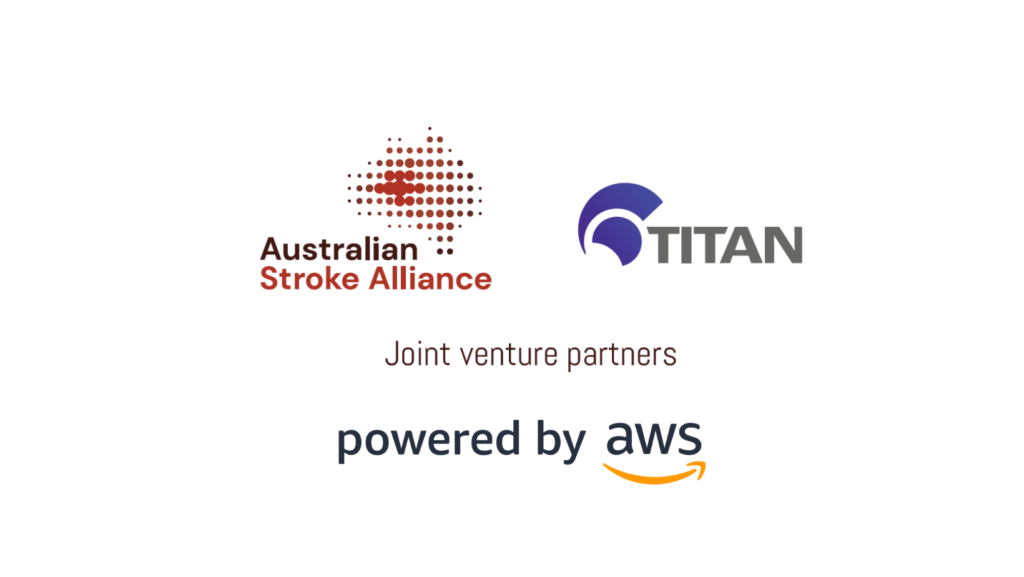South Australia telestroke service milestone delivers faster diagnosis for 440 rural and remote patients
Key points:
- Zeus telehealth patients receive life-saving treatment up to 30 minutes faster
- Double the number of patients have been treated with life-saving thrombectomy
- Unnecessary hospital-to-hospital transfers have been slashed by 72 per cent
- For the first time in SA, all patient data is in one place, fast-tracking neurological care across 61 hospitals.
Regional South Australians are being given their best shot at recovery from stroke, thanks to the Australian Stroke Alliance’s digital telehealth platform, Zeus. In partnership with Titan Neuroscience, Zeus is delivering faster diagnosis and time to treatment.
In a state first, the SA Telestroke service is using the cloud-based platform to gather information about rural and regional patients, including brain scans, consultation records and other data – into a single platform.
According to the Australian Stroke Alliance’s chief technology officer, Associate Professor Andrew Bivard: “Now, for the first time, all data for people with a suspected stroke is in one place, allowing neurologists to make better patient decisions faster across 61 hospitals in regional South Australia and for Alice Springs in the Northern Territory”.
Every minute between diagnosis and treatment is vital to make sure further brain cells are not lost.
Patients are now receiving life-saving treatment up to 30 minutes faster, thanks to the Zeus program and better education.
SA Health Minister, Chris Picton welcomed the results and acknowledged that: ”Every minute counts with stroke, and the faster we can deliver treatment, the better, to help save lives”.
There have been more than 440 SA Telestroke Service calls using the Zeus platform since it was introduced last year.
The life-saving technology has been deployed by the Australian Stroke Alliance and its joint venture partner, Titan Neuroscience, and delivered in partnership with the Rural Support Service.
The implementation of the Zeus telehealth platform combined with education led by the SA telestroke team have resulted in a doubling of the number of patients treated with life-saving thrombectomy, improved efficiency of teleconsults, and enhanced access to treatment for stroke patients in the regions.
As highlighted by Associate Professor Andrew Bivard, “The improvements bring significant health system benefits, and in a stunning outcome, have reduced unnecessary hospital-to-hospital transfers by 72 per cent.”
This week will also mark another significant milestone with regional hospitals directly linking brain imaging to Zeus, further streamlining neurologists’ access to patient information.
Riverland General Hospital will be the first of eight regional hospitals to directly link this information to Zeus, with hospitals including Port Pirie, Mount Gambier, Whyalla, Port Augusta, Port Lincoln, Wallaroo and Naracoorte all anticipated to have the platform by the end of the year.
Regional South Australians are 17 per cent more likely to suffer a stroke compared with those living in metropolitan areas.
The use of the Zeus platform is part of a five-year SA Health and Australian Stroke Alliance agreement to analyse stroke treatment trends and workforce requirements across South Australia.
The Rural Support Service works alongside SA Health’s six regional local health networks to deliver innovative healthcare to regional South Australians.
Rural Support Service Executive Director, Debbie Martin, says: “We are proud to partner with the Australian Stroke Alliance to improve stroke clinical care for residents of regional South Australia and the Northern Territory.”
In the first year of using Zeus, we have already seen better outcomes for patients who have experienced stroke. We are confident that patient outcomes will continue to improve, particularly with eight regional hospitals directly linking CT scans to Zeus over the next 12 months.
Using Zeus will simplify diagnosis and record keeping for neurologists, according to Australian Stroke Alliance Co-chair, Professor Stephen Davis AO. “The Zeus application demonstrates how SA Health is leading the way in streamlining urgent stroke care. The application allows the health workforce to connect with rural hospitals and patients quickly, reliably and seamlessly.
“If the Zeus agreement is successful, this could inform future national change and improvements in stroke care for all Australians.”
Zeus will provide long term benefits, according to Australian Stroke Alliance Co-chair, Professor Geoffrey Donnan AO. “Zeus captures essential data around stroke patients which in the future will allow SA Health to plan future stroke protocols, infrastructure and services. More rural and remote South Australians will be treated within the golden hour when SA Health is armed with essential intelligence garnered from Zeus.”

For more information:
Contact the Director of Communications, Amanda Place: amanda.place@austrokealliance.org.au